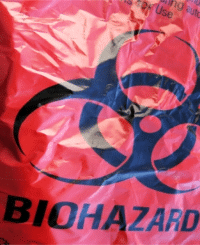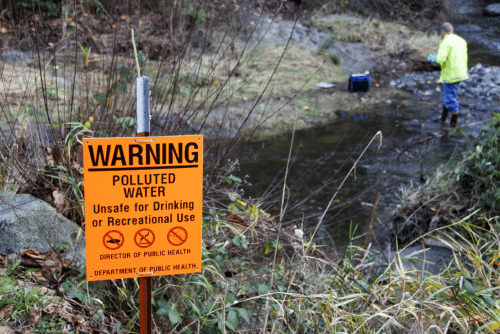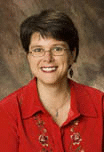On-Demand Webinars
PHARMACEUTICALS & ANTIBIOTICS: Part 2
Antibiotics and Antibiotic Resistance:
Occurence, Fate, Transport and Remediation
 Emerging concern comes from the increased detection of antibiotics in the environment. It is well known that antibiotics are used for the treatment of diseases in humans and animals. They are also increasingly being used as an additive to prevent disease in confined animal feeding operations (CAFO). It is now evident that antibiotics can be directly released into the environment after passing through those wastewater treatment plants and domestic septic systems that not designed to remove them, and from land application of animal wastes or from overflow or leakage from CAFO animal-wastes storage structures. As a result, there are a wide variety of transport pathways for many different chemicals to enter and persist in environmental waters. Emerging concern comes from the increased detection of antibiotics in the environment. It is well known that antibiotics are used for the treatment of diseases in humans and animals. They are also increasingly being used as an additive to prevent disease in confined animal feeding operations (CAFO). It is now evident that antibiotics can be directly released into the environment after passing through those wastewater treatment plants and domestic septic systems that not designed to remove them, and from land application of animal wastes or from overflow or leakage from CAFO animal-wastes storage structures. As a result, there are a wide variety of transport pathways for many different chemicals to enter and persist in environmental waters.
This webinar addresses the emerging concern about antibiotics from human and animal wastes in the environment, and will discuss sources of antibiotics and antibiotic resistance, fate in the environment, and detection in soil and water samples. The presentation addresses the increase in antibiotic resistance resulting from the widespread use and release of antibiotics into the environment, a problem that poses important implications for future disease control.

Highlights of the Webinar:
- Sources of antibiotics in the environment especially in surface and groundwater
- Types of antibiotics
- Detection methods for antibiotics
- Microorganisms and antibiotic resistance: how it develops and problems posed by resistance
- Methods for examination of resistance in microorganisms

Instructors Bio
Melissa Lenczewski, PhD, Associate Professor Geomicrobiology, Organic Geochemistry, Contaminant Hydrogeology at Northern Illinois University
 Melissa Lenczewski is an associate professor of geology and environmental geosciences at Northern Illinois University. Her main research areas are in contaminant hydrogeology and geomicrobiology. Her other research projects include the determination of the influence of microbial communities on the survivorship of trees in ultramafic soils (New Caledonia) and the spatial distribution of microbial communities relative to lithology, mineralogy, and contaminants.
Melissa Lenczewski is an associate professor of geology and environmental geosciences at Northern Illinois University. Her main research areas are in contaminant hydrogeology and geomicrobiology. Her other research projects include the determination of the influence of microbial communities on the survivorship of trees in ultramafic soils (New Caledonia) and the spatial distribution of microbial communities relative to lithology, mineralogy, and contaminants.
| Fee: |
299.00 USD Per Webinar
|
| Materials and Downloads: |
Session Slides (PDF)
Record of Attendance Form (PDF)
|
Number of
Participants: |
AS OF JUNE 1, 2020, WEBINARS ARE PRICED FOR INDIVIDUALS WORKING ALONE. Pricing is discounted for individual registrations for people working alone.
|
Continuing
Education
Certificates: |
$14.95 each. Official CEU certificates are available as an option. After successful completion of this webinar, a link will be provided to order a certificate.
|
| Access: |
On-demand, anytime 24/7. |
| Discounts: |
Buy 3 on-demand webinars, and get 3 on-demand webinars for free!
|
| Duration: |
90 minutes |
| PDH Earned: |
1.5 hours |
| |
|
| Instructor(s): |
Melissa Lenczewski, PhD |
|
Become A Member
It's Free, It's Easy and as a
Member you'll enjoy...
- Exclusive Videos
- Special Pricing
- And Much More
|
|
Join
|
Learn More
|
Association of Environmental
& Engineering Geologists
|